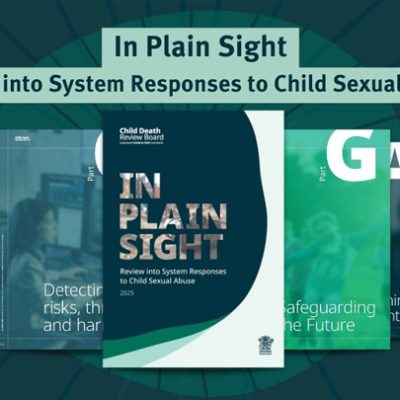
Frontline workers in Queensland are welcoming new laws that make coercive control a criminal offence as the state grapples with the ongoing scourge of domestic and family violence. Source: The Catholic Leader.
The new offence, which comes into effect on Monday, is named Hannah’s Law in honour of Hannah Clarke and her three children who were murdered by her estranged husband in 2020.
Adam Beck, area manager for Centacare’s domestic violence service on the Sunshine Coast, said it was “time to stand up and say, ‘Enough’.”
Mr Beck said there was not a set list of coercive behaviours because perpetrators use what “they know about the victim to control them, or to cause fear of harm to them”.
“As the law evolves to acknowledge these forms of abuse, so must we as a community,” he said.
While coercive control may not always involve physical violence, it could be equally damaging and often manifests as isolation, financial control, surveillance and emotional abuse.
Witnesses to coercive control, such as children in the home, could also experience trauma, anxiety and depression.
“A pattern of controlling behaviour is often a precursor to homicide,” Mr Beck said.
In the first half of 2024, one woman was murdered every four days by a current or former partner in Australia.
Technology adds another layer of complexity to the nature of coercive control. Fast-moving technological advancements have provided perpetrators with new means to control, influence and intimidate victims.
A recent study by the eSafety Commission revealed that nearly a quarter of Australians agreed or strongly agreed it’s reasonable to expect to have passwords or codes to an intimate partner’s personal device.
The same report found 13 per cent agreed it’s reasonable to track a partner using location-sharing apps.
New Australian research published in the Journal of Family Violence also highlighted how perpetrators often used children to gain access to victim survivors’ passwords or to transport tracking devices and gather information during video calls.
Federal and state governments are responding with increased investment in domestic violence services, focusing on prevention, early intervention and targeted support for those affected.
FULL STORY
Coercive control to become a criminal offence next week (By Joe Higgins, The Catholic Leader)






